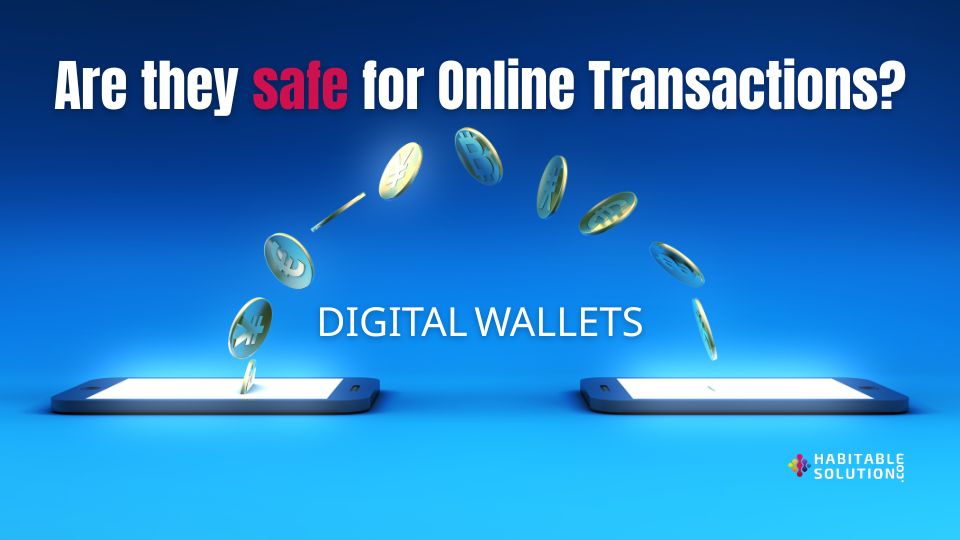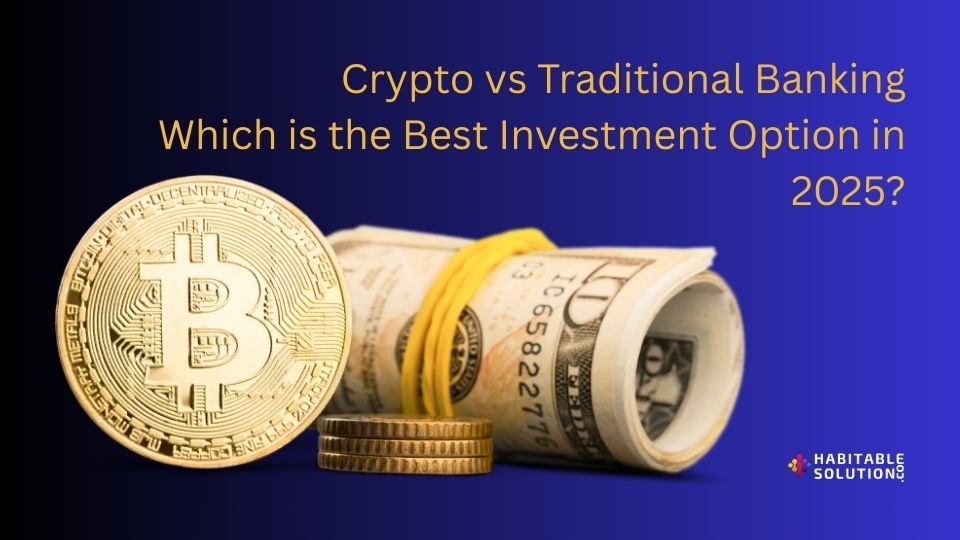In today’s rapidly evolving digital landscape, the use of digital wallets has become increasingly prevalent. From paying for groceries to transferring money to friends and family, digital wallets offer a convenient and efficient way to handle financial transactions. But with the rise in their popularity, concerns about their safety have also emerged. Are digital wallets truly safe for online transactions? This comprehensive guide will explore what digital wallets are, how they work, and how safe they are for conducting online transactions.
What Are Digital Wallets?
A digital wallet, also known as an e-wallet, is a software-based system that securely stores users’ payment information and passwords for numerous payment methods and websites. Digital wallets can be used for various purposes, including making purchases, transferring money, and even storing digital identification cards. Some of the most popular digital wallets include Apple Pay, Google Wallet, PayPal, and Samsung Pay.
How Do Digital Wallets Work?
Digital wallets work by securely storing your payment information on a smartphone, tablet, or computer. When a transaction is initiated, the wallet uses encryption and tokenization to transmit payment information to the merchant without revealing your actual card number. This not only enhances security but also makes the payment process faster and more convenient.
Types of Digital Wallets
There are several types of digital wallets, each serving different purposes:
- Closed Wallets: These are specific to a particular company or service provider. Funds stored in these wallets can only be used to purchase products or services from that company.
- Semi-Closed Wallets: These can be used to make payments at selected merchants who have agreements with the wallet provider.
- Open Wallets: These are issued by banks or financial institutions and can be used for all types of transactions, including cash withdrawals and fund transfers.
Are Digital Wallets Safe?
The safety of digital wallets largely depends on the security measures implemented by the service provider and the user. Here are some key security features that protect digital wallet transactions:
- Encryption: Digital wallets use advanced encryption to protect users’ data from being intercepted by hackers.
- Tokenization: Tokenization replaces sensitive payment information with unique identification symbols, ensuring that your actual card number is never exposed during transactions.
- Two-Factor Authentication (2FA): Most digital wallets require users to verify their identity using 2FA, adding an extra layer of security.
- Biometric Authentication: Some digital wallets use biometric data, such as fingerprints or facial recognition, to authorize transactions.
Potential Risks of Using Digital Wallets
While digital wallets are generally secure, they are not entirely immune to risks. Here are some potential risks to be aware of:
- Phishing Scams: Fraudsters may attempt to trick users into disclosing their digital wallet login information through fake websites or emails.
- Malware and Hacking: If your device is compromised by malware, hackers may gain access to your digital wallet.
- Loss of Device: Losing your device can potentially give unauthorized individuals access to your digital wallet, especially if it is not adequately protected.
Tips for Safely Using Digital Wallets
- Enable Biometric Authentication: Use fingerprint or facial recognition to secure your digital wallet.
- Use Strong Passwords: Ensure that your wallet password is complex and not easily guessable.
- Keep Software Updated: Regularly update your device and wallet app to protect against security vulnerabilities.
- Monitor Transactions: Regularly check your transaction history for any unauthorized payments.
Conclusion
Digital wallets offer a convenient and efficient way to handle financial transactions, but they are not without risks. By understanding how digital wallets work and implementing robust security practices, users can significantly mitigate potential threats. Whether you are using a closed, semi-closed, or open wallet, maintaining vigilance and adopting security best practices can help ensure the safety of your online transactions.




